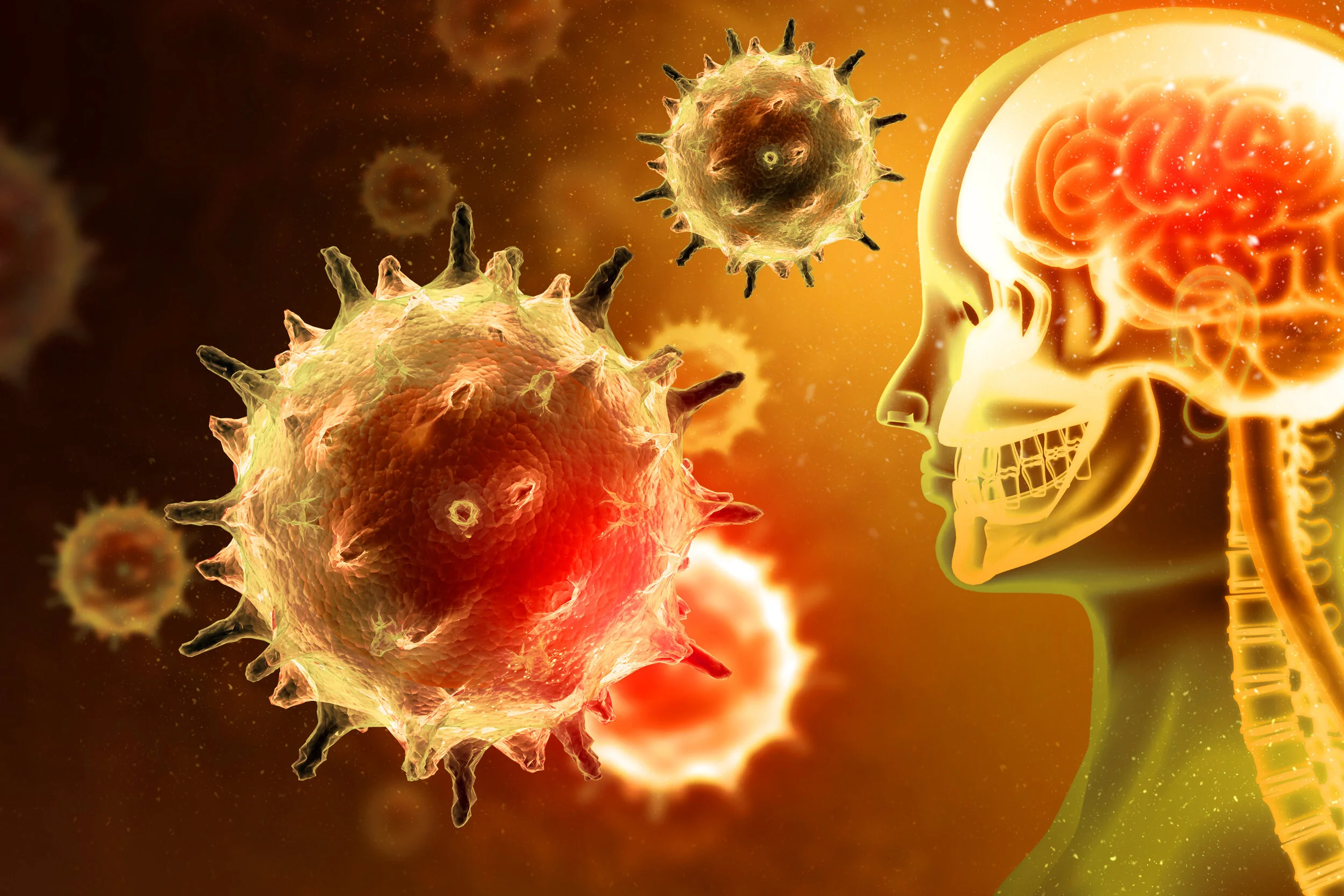Yes, it’s been 10 years since my first “Dry January” and “ Whole 30”. And I’m doing them again this year. Trust me, it gets easier every time! Dry January, as in skipping alcohol the first month of the year, has a special appeal this trip around the sun. With the isolation of the pandemic, alcohol sales have skyrocketed, along with rates of anxiety and depression, lack of exercise, weight gain, and a LOT more screen time.
10 Simple Tips to Protect Your “Girls” During Breast Cancer Prevention Month
No matter what you call them, your breasts deserve some special attention and protection. Breast cancer will affect 1 in 8 women and we know it is driven by diet and lifestyle. Given that diet might be responsible for 30-40% of all cancers, it makes sense to take a good look at whether your diet is working for you or against you.
Conquer Chronic Inflammation
If you could take just one step to create a healthier future full of vitality and free from both acute and chronic diseases, it would be to fight inflammageing. While this hybrid term has been picked up by the beauty industry because of the clear-cut connection between inflammation and the appearance of fine lines and wrinkles, inflammageing is more than skin deep.
How Sugar Sabotages Immunity and Promotes Inflammation
As we move further into the challenges of this pandemic, my heart goes out to you! Whether you’re working from home, are now unemployed or are on the frontlines battling this virus, we all need help lowering the inflammation that impairs our immune response. We’ve known for decades that the intake of simple carbs (think colas, bagels, chips) reduces phagocytosis, the process by which white blood cells engulf and destroy bacteria, just like little Pac Men!
Root Cause Driver # 5: Loss of Essential Hormones
The gradual loss of our sex hormones as we go through “the change” can be disorienting. There goes our sleep, libido, energy, temperature regulation, moods and more. What’s a body to do? Estrogen, progesterone and testosterone have defined our lives from puberty until ~ age 50, when their insidious decline signals menopause and andropause (male menopause).
September is Healthy Aging Month and Time for Your Healthy Aging Reset!
Why I’m Starting a Revolution
So why start a revolution? …Because a revolution is what it’s going to take for us to wake up, reclaim our health and prevent this epidemic of chronic disease that is claiming countless lives and bankrupting our country. The U.S. Centers for Disease Control reports that 90% of healthcare dollars are spent treating a cluster of chronic (but preventable) conditions: heart disease and stroke, diabetes, dementia and cancer.
Want To Be A “Super Ager”? Adopt a Healthy Aging Mindset
We’ve got Super Man and Super Girl, so why not be a Super Ager? It’s a term that was coined by UCSF researcher, Joel Kramer, PsyD, who has studied a set of seniors that defy the odds on aging. He’s been assessing the personality traits of those who thrive into their 80’s and beyond, and has found a consistent theme: a healthy aging mindset is a distinguishing factor. The subjects with sharp cognition and vitality stay engaged in projects, they volunteer and have close family ties.
Take The Wheel To Grow Your Health
We all know our health care system is broken. You can’t turn on the news without catching a debate on best how to fix it. The challenge is that we don’t really have a “health care” system: we have a “disease management system”. The U.S. spends more money per capita than any country, yet our disease burden is higher than in comparable countries.










